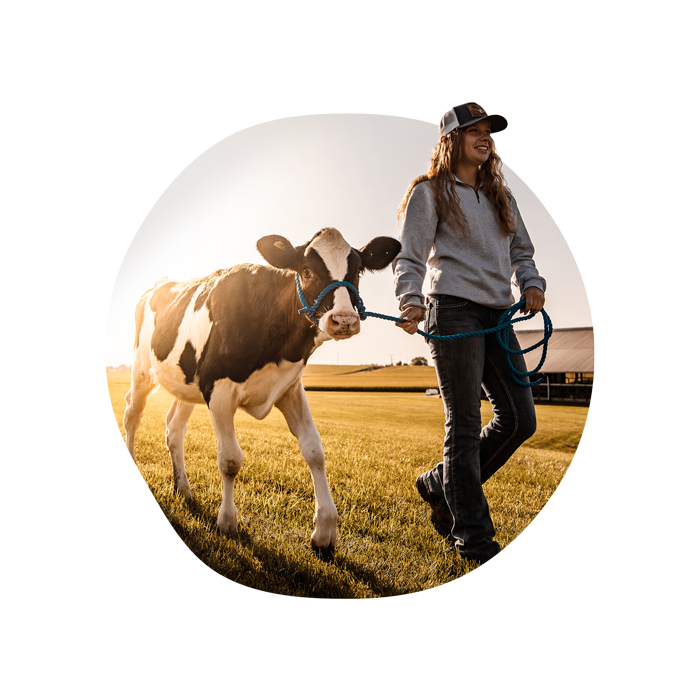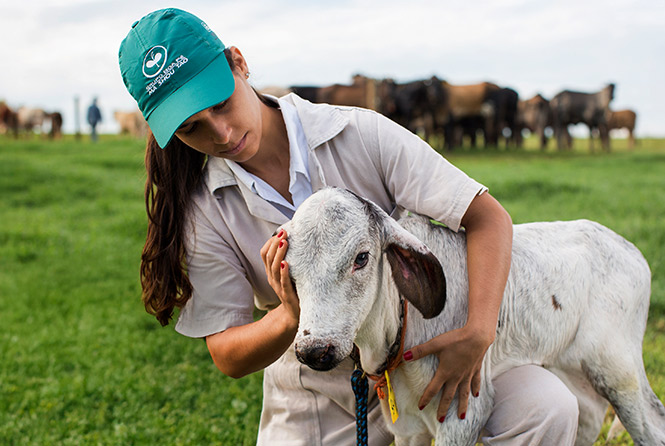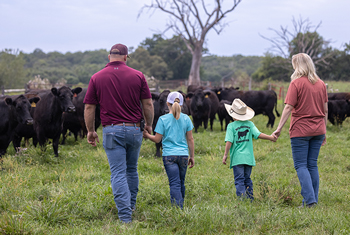
2024 Sustainability Progress Update
Advancing sustainability in animal health for a better future.

Our Sustainability Strategy
Our sustainability strategy, Driven to Care, builds on our purpose to nurture our world and humankind by advancing care for animals and formalizes our commitment to Communities, Animals and the Planet. Driven to Care emphasizes purposeful partnerships with our customers and stakeholders to address pressing sustainability challenges, recognizing the interconnectedness of people, animals and the environment. Guided by our aspirations, this strategy supports 10 of the 17 United Nations Sustainable Development Goals (UN SDGs).

Communities
We support and partner with our colleagues, communities and the people who care for animals. We achieve more by working together toward our common goals.

Animals
Some of humanity’s greatest challenges continue to emerge at the intersection of human, animal, environmental and economic health. By enhancing the health and welfare of animals, we contribute to thriving communities and ecosystems through deepening bonds with our pets, protecting wildlife, and strengthening farmer livelihoods and global food security.

Planet
At Zoetis, we have committed to minimizing our carbon footprint, rethinking our packaging and improving sustainability across our locations. Our dedication is driven by our responsibility to the communities we serve, our colleagues, our customers, the health of animals and those who care for them around the world.
